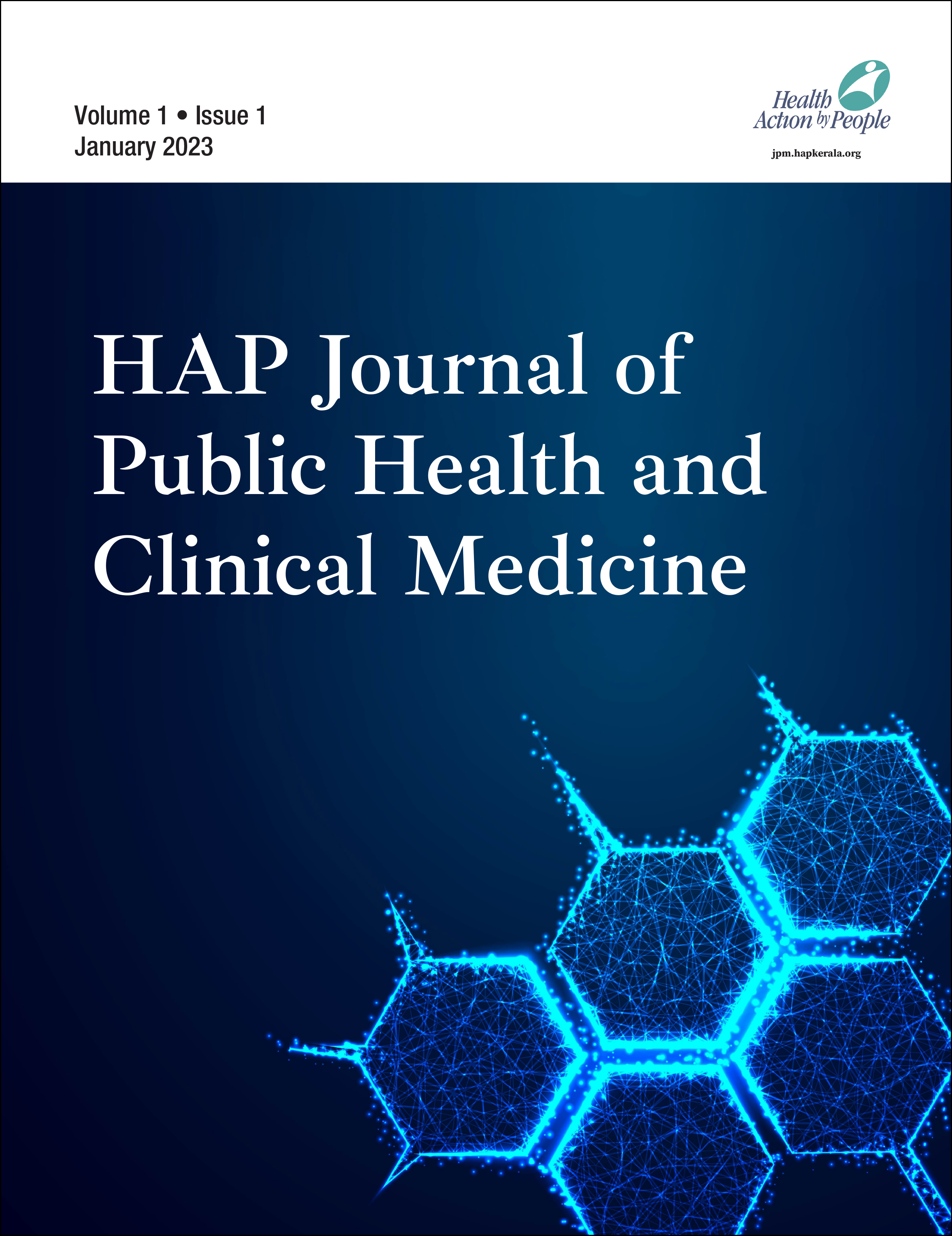
1Department of Community Medicine and Public Health, Amrita Institute of Medical Sciences, Kochi, Kerala, India
Creative Commons Non Commercial CC BY-NC: This article is distributed under the terms of the Creative Commons Attribution-NonCommercial 4.0 License (http://www.creativecommons.org/licenses/by-nc/4.0/) which permits non-Commercial use, reproduction and distribution of the work without further permission provided the original work is attributed.
Background: To combat the spread of Coronavirus (COVID-19), most countries implemented measures such as travel restrictions, prohibitions on leaving shore at ports, and restrictions on crew change. During the COVID-19 first lockdown, seafarers were subjected to excessive stress.
Methods: A cross-sectional study was carried out among 77 seafarers working in the maritime industry and residing in India. The questionnaire was distributed online using a Google form. The self-rating depression scale, Depression, Anxiety & Stress scale (DASS-21) was used to evaluate the mental health status among the seafarers.
Results: The mean age of study population was 35.39 years with standard deviation of 7.09. According to the results obtained from DASS 21 scale, 16.9% showed moderate depression, 15.6% showed moderate anxiety, and 5.2% were having severe stress. The present health condition of the seafarers, and change in the household income of family due to COVID-19 showed statistically significant association with depression. The extension of contract period during COVID 19, change in the overall household income, and inability to meet their expenses showed statistically significant association with anxiety. The seafarers who had to take part time job for earning and seafarers who were not covered by insurance showed statistically significant association with stress.
Conclusion: This pilot study showed that 16.9% Indian seafarers were having moderate depression during the first lockdown of COVID-19 times.
Mental health, COVID 19, seafarers, depression, anxiety, DASS 21 Scale
1. Qin W, Li L, Zhu D, Ju C, Bi P, Li S. Prevalence and risk factors of depression symptoms among Chinese seafarers during the COVID-19 pandemic: A cross-sectional study. BMJ Open. 2021;11(6). https:// doi.org /10.1136/bmjopen-2021-048660
2. Doumbia-Henry C. Shipping and COVID-19: protecting seafarers as frontline workers. WMU Journal of Maritime Affairs. 2020.
https://doi. org /10.1007/s13437-020-00217-9
3. International Maritime Organization. Crew changes: A humanitarian, safety and economic crisis.
https://www.imo.org/en/MediaCentre/HotTopics/Pages /FAQ-on-crew-changes-and-repatriation-of-seafarers.aspx
4. Mellbye A, Carter T. Seafarers’ depression and suicide. International Maritime Health. 2017; 68(2):108–114.
https://doi.org/10.5603/imh.2017.0020
5. Baygi F, Mohammadian Khonsari N, Agoushi A et al. Prevalence and associated factors of psychosocial distress among seafarers during COVID-19 pandemic. BMC Psychiatry. 2021;21(1). https://doi.org/10.1186/s12888-021-03197-z
6. Pauksztat B, Andrei DM, Grech MR. Effects of the COVID-19 pandemic on the mental health of seafarers: A comparison using matched samples. Safety Science. 2022;146. https://doi.org/10.1016/j.ssci.2021.105542